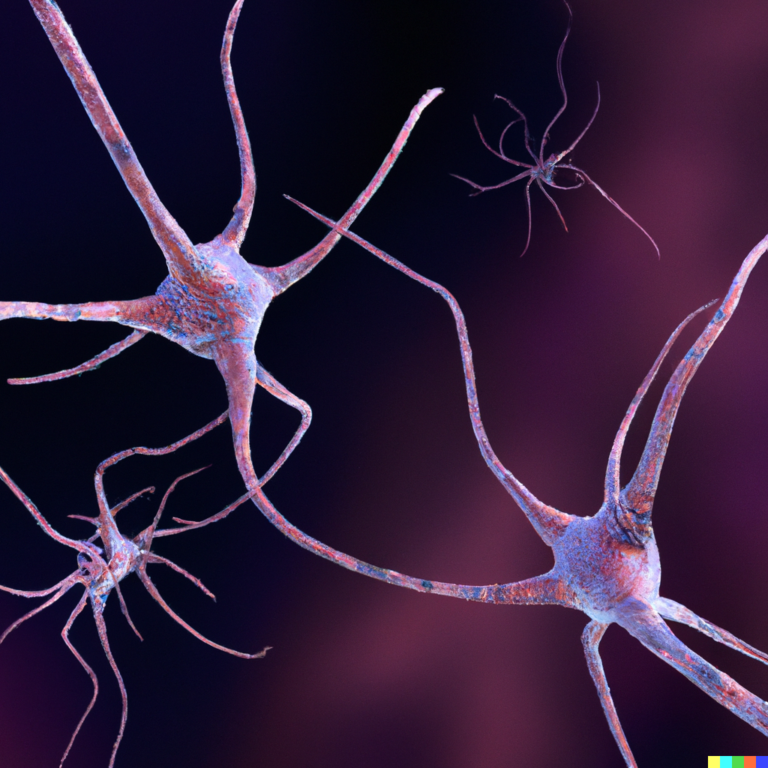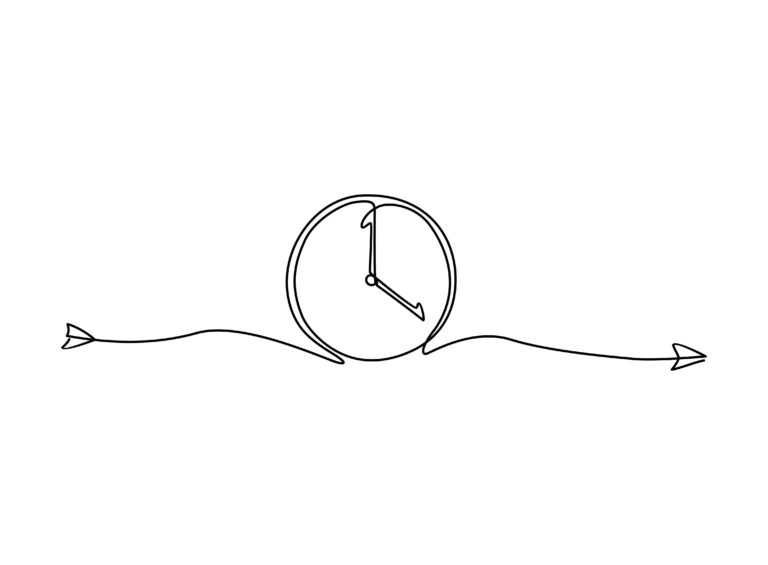Dementia is a term used to describe a group of conditions that affect the brain and cause a decline in cognitive functioning. It is most commonly seen in older individuals, but can also occur in younger individuals. There are several types of dementia, each with their own unique set of symptoms and characteristics. In this article, we will discuss three of the most common types of dementia: Alzheimer’s disease, vascular dementia, and Lewy body dementia.
1. Alzheimer’s Disease
Alzheimer’s disease is the most common type of dementia, accounting for 60-80% of all cases. It is a progressive disease that affects memory, thinking, and behavior. The exact cause of Alzheimer’s disease is still unknown, but it is believed to be a combination of genetic, lifestyle, and environmental factors.
The early symptoms of Alzheimer’s disease are often subtle and can be mistaken for normal signs of aging. These include forgetfulness, difficulty completing familiar tasks, and confusion about time and place. As the disease progresses, individuals may experience more severe symptoms such as disorientation, mood swings, and changes in personality. In the later stages, individuals may require full-time care as they become unable to communicate and perform basic tasks.
Currently, there is no cure for Alzheimer’s disease, but there are medications and therapies that can help manage the symptoms and slow the progression of the disease. It is important for individuals with Alzheimer’s disease to have a strong support system, including family members and healthcare professionals.
2. Vascular Dementia
Vascular dementia is the second most common type of dementia, accounting for around 10% of cases. It is caused by a series of small strokes or damage to the blood vessels in the brain that limit blood flow and oxygen to certain areas. This results in a decline in cognitive functioning.
The symptoms of vascular dementia can vary depending on the location and severity of the damage in the brain. Some common symptoms include difficulty with planning and organization, trouble with language, and changes in mood and behavior. Unlike Alzheimer’s disease, the symptoms of vascular dementia can occur suddenly or progress in a stepwise manner.
There are several risk factors for developing vascular dementia, including high blood pressure, smoking, and diabetes. Treatment for vascular dementia focuses on managing the underlying risk factors and may involve medications to prevent further strokes. Occupational therapy and cognitive therapy can also help individuals cope with the changing symptoms.
3. Lewy Body Dementia
Lewy body dementia (LBD) is a type of dementia that is caused by abnormal protein deposits (Lewy bodies) in the brain. These deposits disrupt the brain’s normal functioning and can lead to problems with thinking, movement, and behavior. LBD is the third most common type of dementia, accounting for around 5% of cases.
The symptoms of LBD can be similar to both Alzheimer’s disease and Parkinson’s disease, as it shares characteristics with both disorders. Some common symptoms include memory loss, hallucinations, and motor symptoms such as tremors and stiffness. Individuals with LBD may also experience changes in sleep patterns, leading to excessive daytime sleepiness.
At this time, there is no cure for LBD, but medications can help manage some of the symptoms. Additionally, lifestyle changes such as regular exercise and a healthy diet may also help slow the progression of the disease. It is important for individuals with LBD to have a strong support system and receive regular medical care to monitor their symptoms and provide necessary support.
In conclusion, dementia is a complex condition that can greatly impact an individual’s daily life. While there are many different types of dementia, each with its own unique set of symptoms and characteristics, all types require proper care and support. If you or a loved one are experiencing symptoms of dementia, it is important to seek medical advice and support as early as possible for proper diagnosis and treatment. With the right care and support, individuals with dementia can maintain a good quality of life and continue to live fulfilling lives.





